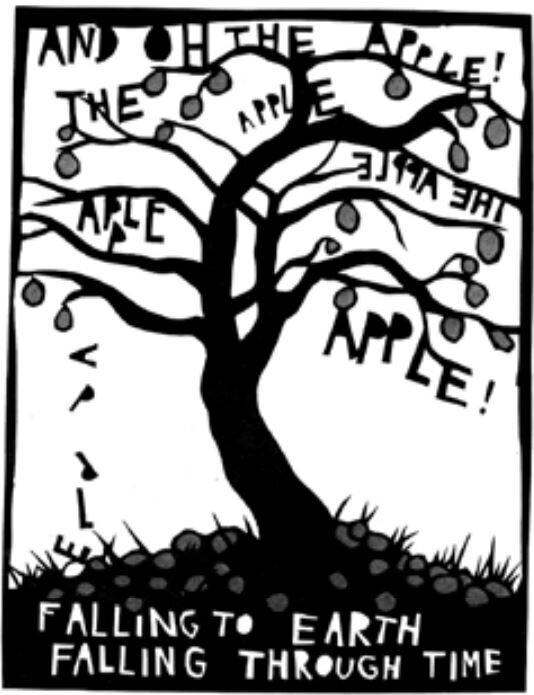Golden Russet Apple 3-5 ft branched tree
- Regular price
- $80.00 USD
- Regular price
-
- Sale price
- $80.00 USD
- Unit price
- per
Golden Russet is a very sweet, hard fruit that stores all winter. This heirloom, thought to have been first discovered in upstate NY, is one of the best sweet-sharp cider varieties. Well suited to cider or dried apple-rings, it is also great for eating and baking. The dense almost chewy texture is delightful if you are not looking for a honeycrisp crunch. Golden Russet ripens in October. The fruit will hang on the trees through light freezes and flavor will continue to improve...
Standard rootstock: These trees are grafted onto Antonovka standard rootstock, which produces vigorous and disease-resistant full-size trees. With a little TLC these trees can last generations.
B118: B118 or “Bud 118” is considered semidwarf or semistandard, growing to 85% the size of a standard rootstock tree. Similar to a standard, trees on B118 are vigorous, hardy and need no staking. Trees on B118 will begin bearing fruit slightly earlier than standard roostock trees and are reliably productive.
M111: M111 is considered semidwarf or semistandard, growing to 80% the size of a standard rootstock tree. Similar to a standard, trees on M111 are vigorous, adaptable and need no staking. Trees on M111 will begin bearing fruit slightly earlier than standard roostock trees.
BULK PRICING: Any combination of 10 or more apples (potted and or bare-root) will receive 10% off.
Bulk pricing discounts apply automatically and will show up when you view your cart.
-
Apples thrive in Vermont. You need to have at least two different varieties for pollination; however, apples are common enough in Vermont that you can often get away with planting one if a neighbor has a few trees. Wild trees or crab apples growing nearby can also serve as pollinators. More pollen often means more and larger fruit. Plant in a well-drained spot with good sun. We grow and sell varieties that perform well in our climate and growing conditions. Varieties listed as “heirloom” originated before 1900.
If you are planting a few trees, consider selecting varieties with different uses or ripening times. If you are planning to make hard cider, add a cider variety or two to blend with more typical dessert fruit.
Share






- Choosing a selection results in a full page refresh.






